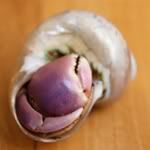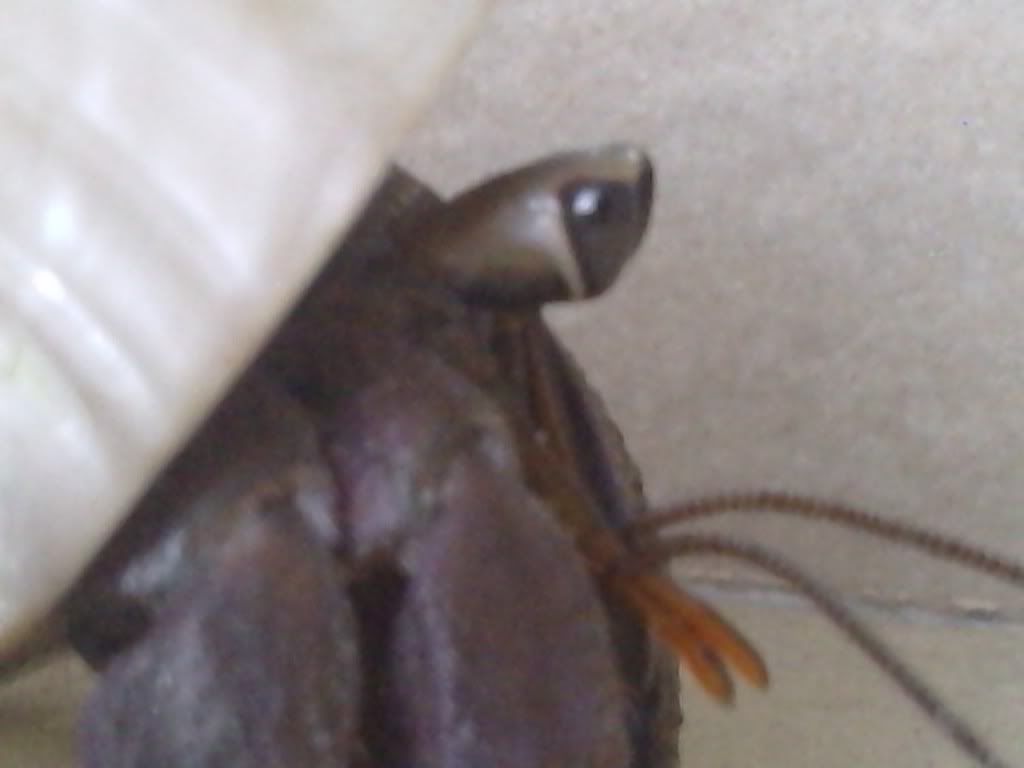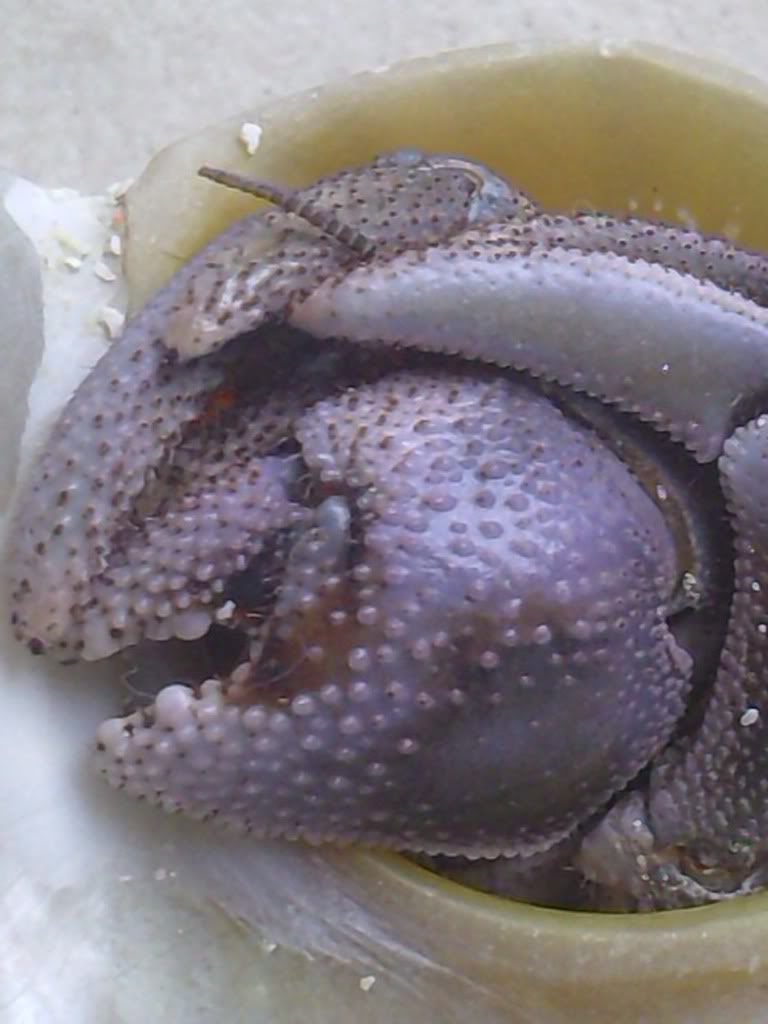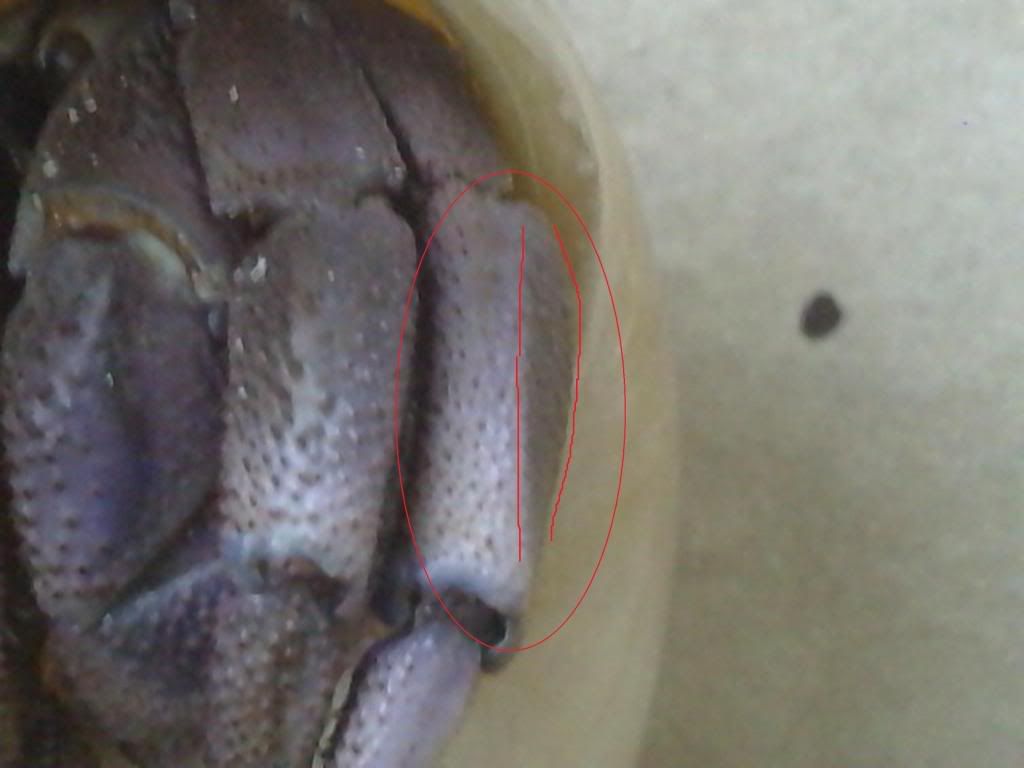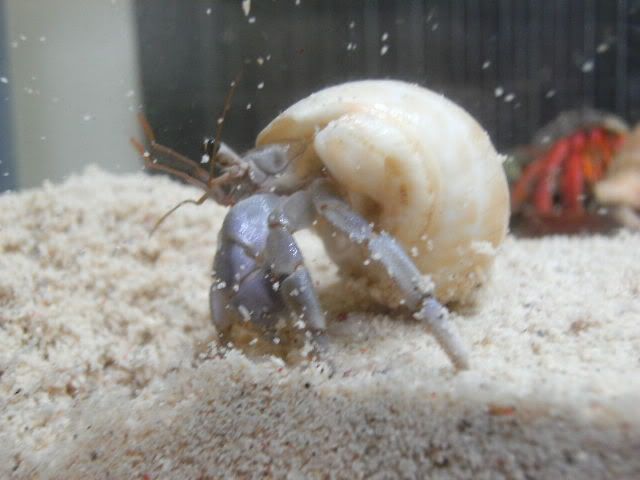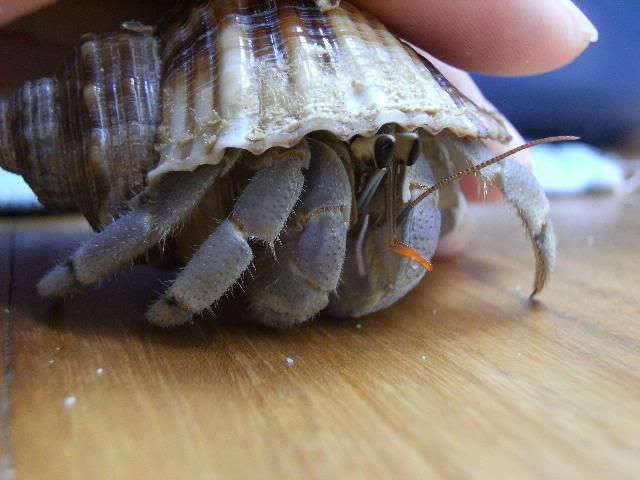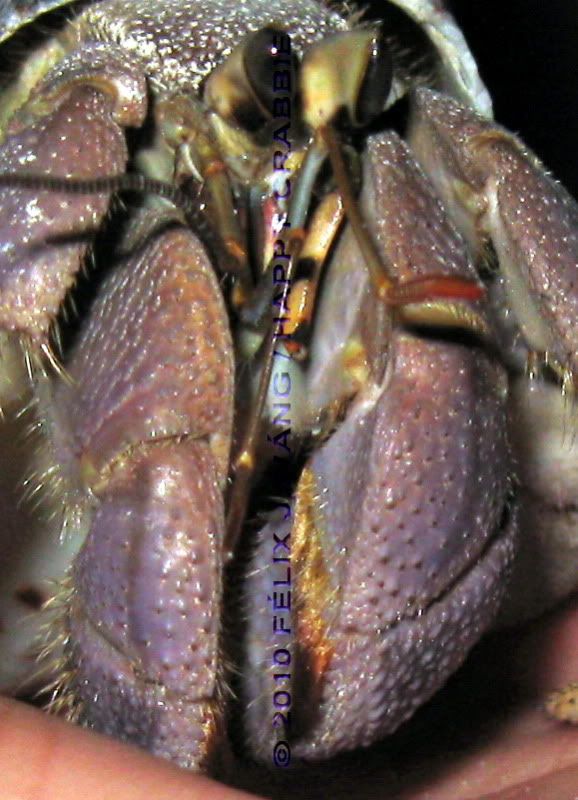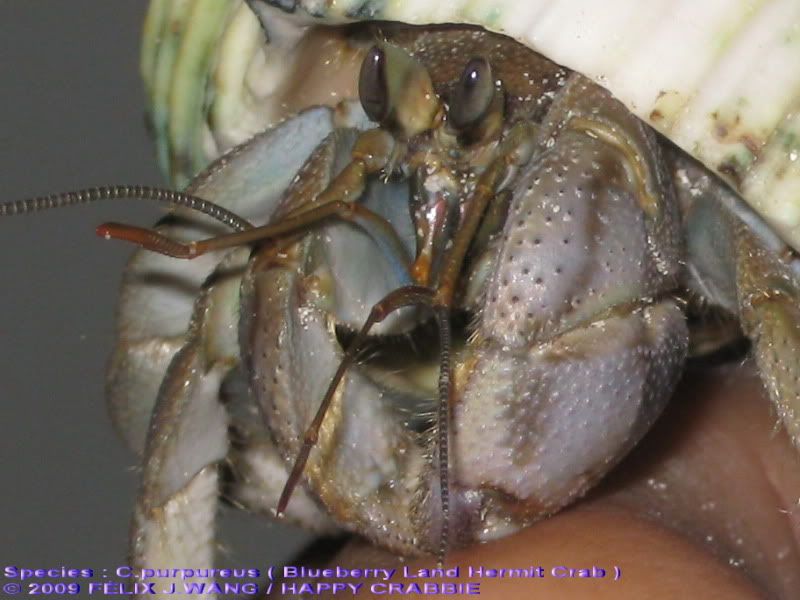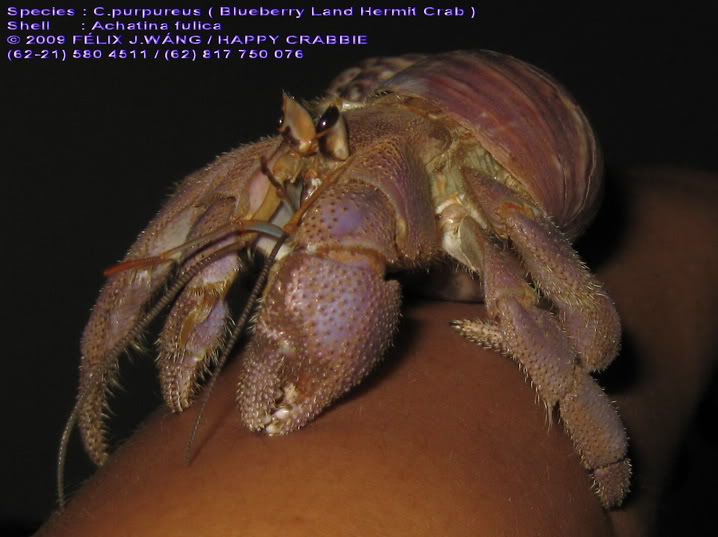JediMasterThrash wrote: Donkeys and Horses look different but can still breed.
For a single generation only, and the offspring are sterile, so from a popualtion and species POV, they are really not accomplishing any breeding in the functional sense.
"Species" classification is somewhat arbitrarily defined, and it is not always true that different species can't breed.
They cannot breed true and produce reproductively viable offspring according to most definitions where the issue is part of the species criteria at all.
Assuming the variation is not just due to "age" factors, I would be inclined to think they are a different species. I would be more inclined to think one is a variation of violascens or rugosus rather than both being variations of purpureus. But someone would need to do some scientific analysis on some samples to know for sure.
Initially I would assume that the pics may not be representative of the species at all. Ideally there would be shots from multiple angles of several animals from both areas - otherwise it is pretty tough to draw any conclusions. Of course a little DNA work wouldn't hurt either!
Keith



